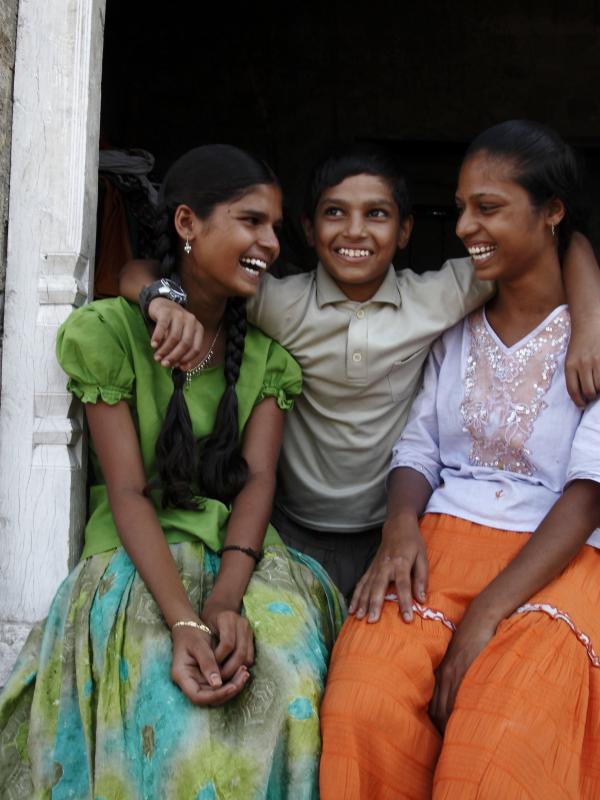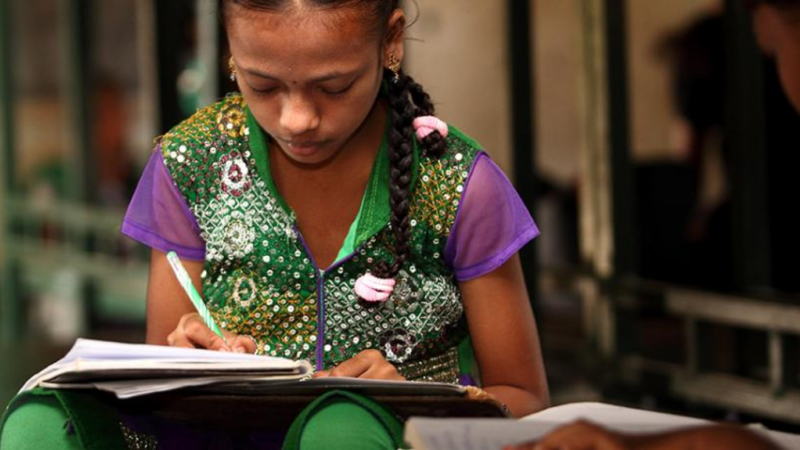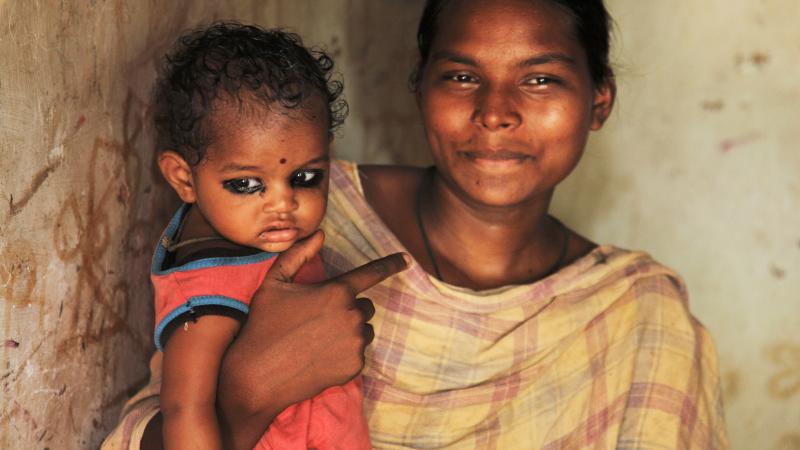Breadcrumb
We are committed to the widest possible dissemination of our research including public archiving of our data to enable policymakers and other researchers to benefit from this unique longitudinal survey.
The anonymised data and full documentation from our quantitative survey is publicly archived in the UK and is available through the UK Data Service, along with the documentation and questionnaires for each survey round. They are also available on CD-Rom, on request from the Principal Investigator.
- The Round 4 survey data was archived in March 2016. The survey documentation is available on the Round 4 documentation page.
- The fieldwork for the Round 5 survey was completed in March 2017 and the data was archived in July 2018 and is available to download from the UK Data Service. The survey documentation is available on the Round 5 documentation page.
- The Listening to Young Lives at Work: COVID-19 Phone Survey Call 1 - 3 data was archived in 2020 and is available from the UK Data Service. The Call 4 - 5 data has been archived in March 2023 and is available from the UK Data Service. All the Phone Survey documentation is available on our Young Lives at Work project page.
Using Our Data
Users are required to register and apply for a password with the UK Data Service and sign a confidentiality agreement before they can access the data.
We also ask that users retrospectively inform the UK Data Service and Young Lives, using our online form, of any analysis or publications resulting from their work with the dataset.
If you use the Young Lives data in any publication, please follow the UKDS guidelines for citing data and use the following acknowledgement:
‘The data used in this publication come from Young Lives, a 20-year study of childhood poverty and transitions to adulthood in Ethiopia, India, Peru and Vietnam (www.younglives.org.uk). Young Lives is funded by UK aid from the Foreign, Commonwealth & Development Office and a number of further funders. The views expressed here are those of the author(s). They are not necessarily those of Young Lives, the University of Oxford, FCDO or other funders.’
Our qualitative research
Data from our qualitative sub-sample research are not archived in the same way as the survey data because of concerns about confidentiality (and cost). If you could like to use our qualitative data for research purposes, please contact us outlining your areas of interest and your research questions, and we will discuss with you whether the data are appropriate for your work.
Key contact
We are very interested to learn of any secondary analysis of our data and about any forthcoming publications that may arise from work with Young Lives data. Please contact us for any further information about our data or our methodology.
If you would like to have access to Young Lives data in India or to be kept informed of future data workshops, please e-mail on our main email address or or Dr Prudhvikar Reddy .
Protecting the confidentiality of our study children and sites
As part of our ethical commitments, we have guaranteed to protect the anonymity and confidentiality of our study sites and respondents so we only make geographical identifiers available at region level in Ethiopia, district level in India, province level in Peru, and province level in Vietnam. We do not release any location data on a lower level.
Please note that the teachers professional knowledge from the school survey data is also not released as part of our commitment to protecting the confidentiality of our respondents.
If you would like access to data that is not publicly archived then please email younglives@qeh.ox.ac.uk to request a data release form, where you can formally ask for access.





